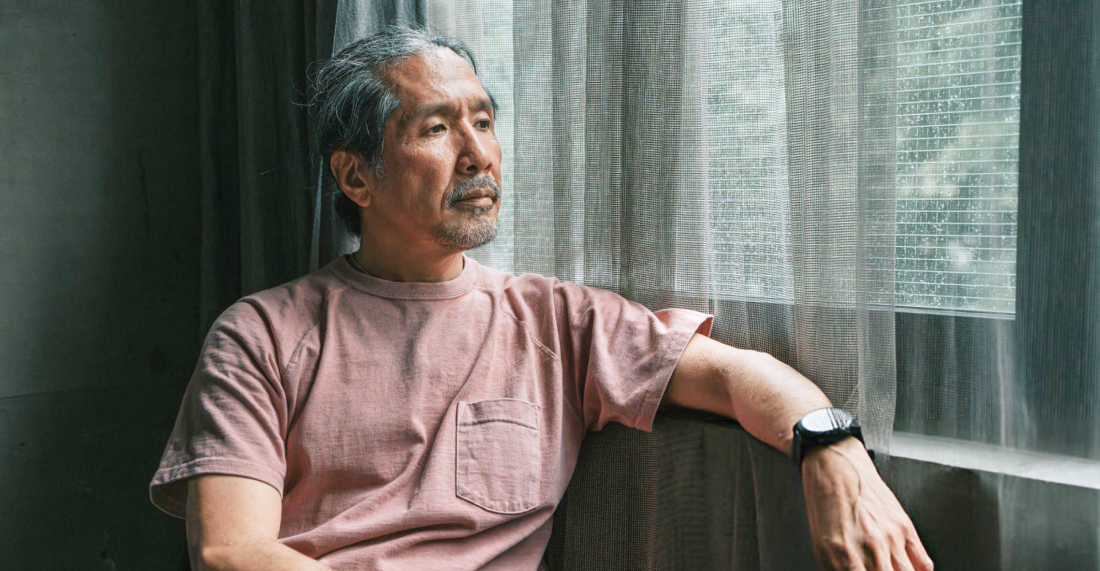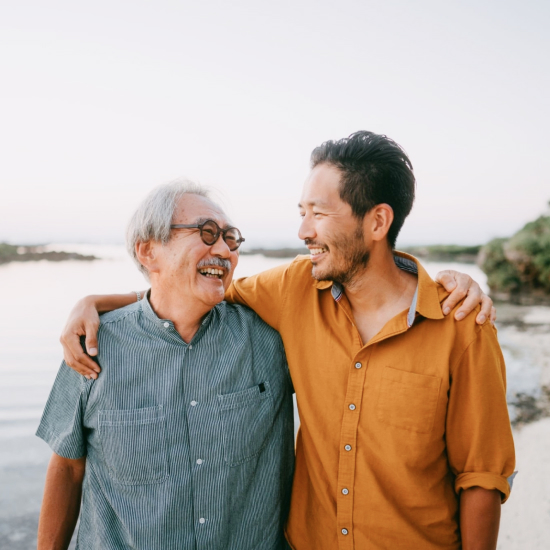

As individuals age, society often, and mistakenly, assumes that a certain degree of sadness or worry is a natural part of growing older. However, this misconception can lead to the serious under-recognition and under-treatment of depression and anxiety in seniors.
These are not inevitable consequences of ageing but are distinct mental health conditions that can significantly diminish an older person’s quality of life, independence, and physical health. Unfortunately, the symptoms of anxiety and depression in the elderly can be subtle, masked by physical ailments, or dismissed as ‘just old age’ by both the individuals themselves and their loved ones.
This article aims to shed light on these prevalent issues, helping families, caregivers, and healthcare professionals better understand, identify, and effectively support older adults experiencing anxiety and depression in old age.
It is crucial to understand that depression and anxiety are treatable medical conditions, not character flaws or signs of weakness. In older adults, they can manifest differently than in younger populations, making diagnosis challenging.
While profound sadness can be a symptom, older adults with depression may more commonly present with physical complaints (e.g., unexplained aches and pains, digestive issues, fatigue), loss of interest in hobbies, changes in sleep patterns (insomnia or excessive sleeping), decreased appetite, irritability, social withdrawal, or memory problems (which can sometimes be mistaken for dementia). They might not express feelings of sadness explicitly.
This can involve excessive worry about health, finances, family members, or safety. Physical manifestations, such as heart palpitations, shortness of breath, dizziness, tremors, muscle tension, or digestive upset, are common. Older adults might also exhibit restlessness, difficulty concentrating, or avoidance behaviours (e.g., refusing to leave the house). The constant worry can be debilitating and significantly impact their daily functioning.
Numerous factors contribute to what causes anxiety and depression in older adults, and often, it’s a combination of these elements:
It’s common for anxiety and depression in older adults to co-exist, and they can often fuel each other. An older person might be anxious about their health, which leads to withdrawal, exacerbating feelings of loneliness and depression. Conversely, depression can make someone less inclined to socialise or engage in activities, thereby increasing anxiety about leaving the home.
The subtle presentation of anxiety and depression in old age means that these conditions might be overlooked or misdiagnosed as other health issues. For instance, memory complaints might be attributed to dementia rather than depression, or physical pains to age rather than an underlying mood disorder.
The good news is that depression and anxiety in seniors are highly treatable. Knowing how to stop anxiety in the elderly and support depression requires a multi-pronged approach:

Depression and anxiety in seniors are serious, yet treatable, conditions that demand our attention and empathy. Recognising the diverse and often subtle symptoms of anxiety and depression in the elderly is the first critical step towards intervention. Understanding what causes anxiety and depression in older adults, from significant life losses to chronic health issues, helps tailor effective support. It’s imperative to challenge the outdated notion that anxiety and depression in old age are just an inevitable part of ageing.
By seeking professional help, promoting psychological therapies and appropriate medication, fostering social connections, encouraging physical activity, and embracing a holistic approach to well-being, we can effectively learn how do you stop anxiety in the elderly and alleviate depression. Supporting our older generation in managing their mental health allows them to live more independent, fulfilling, and joyful lives, ensuring their later years are truly golden.
Sources:
Spread the love, follow us on our social media channels